Invited Speakers
Among invited speakers confirmed to give plenary addresses at the meeting are renowned experts including:
| David Baltrus |
| Carmen Beuzon |
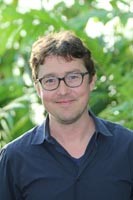
|
Darrell Desveaux |
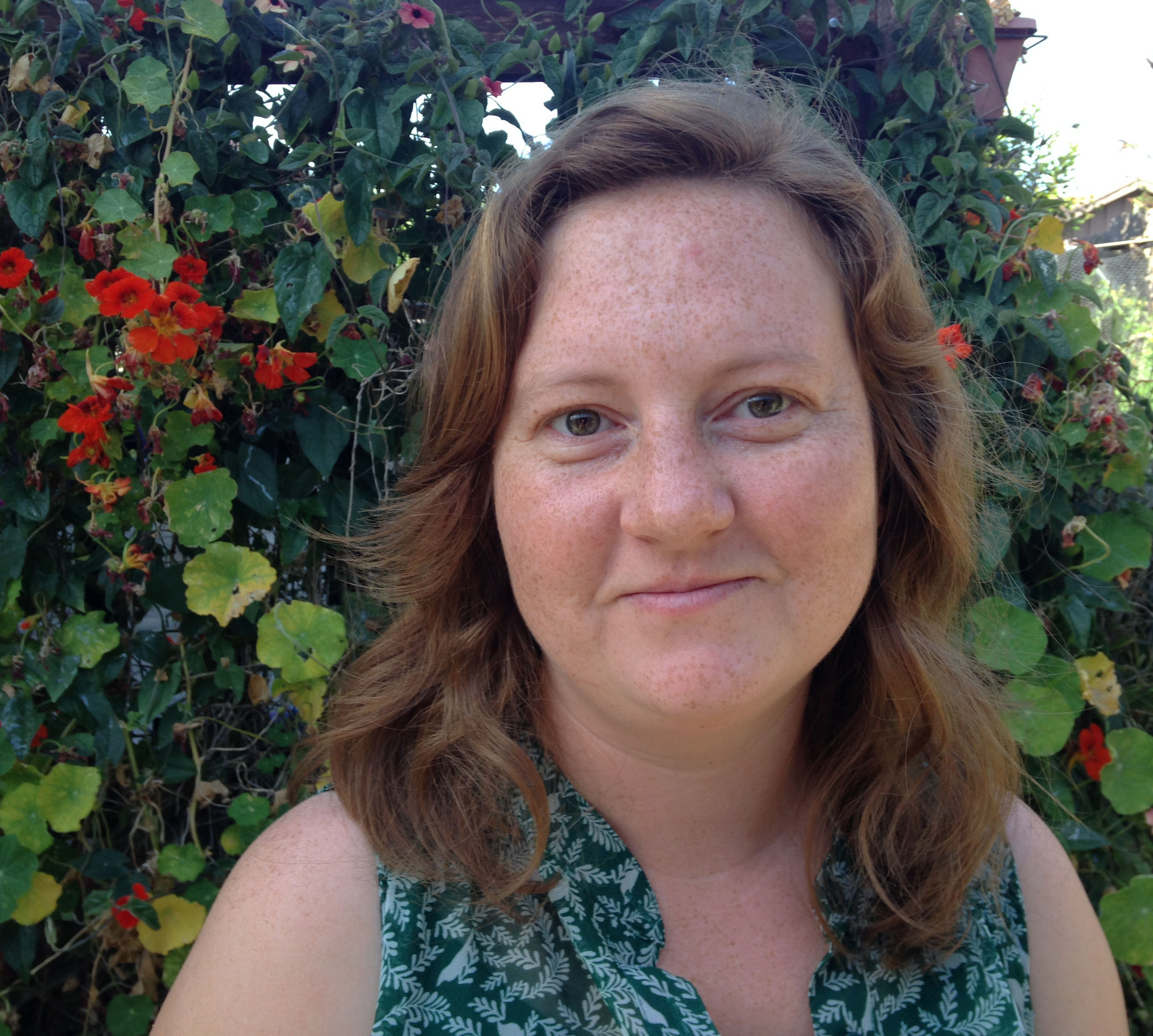
| Tory Hendry She is broadly interested in understanding how host interactions shape the evolution and ecology of bacteria. She began using interactions between Pseudomonas syringae and insects and plants as a system to address this question during her postdoctoral work at the University of Arizona and University of California, Berkeley. Tory has continued to develop this research system since becoming an Assistant Professor at Cornell University. They use experiments and -omics approaches to understand how growth on plants and growth and pathogenesis in aphids influences evolution and diversity of P. syringae. |
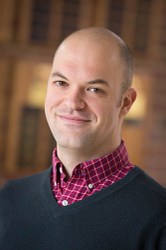
|
Kevin Hockett
|
| Jaime Huerta-Cepas |
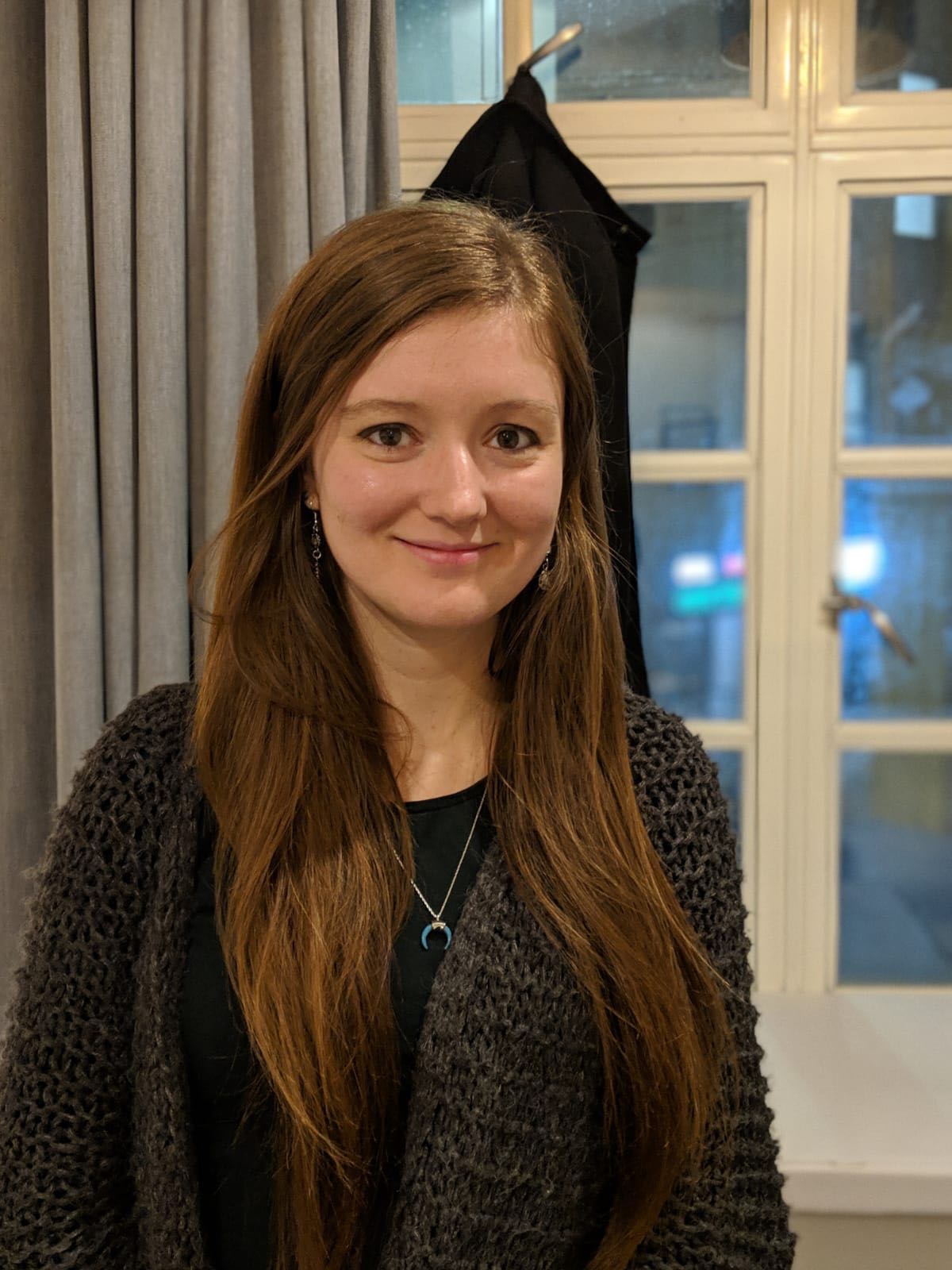
| Michelle Hulin Is a postdoctoral researcher interested in the molecular evolution, ecology and population genomics of plant pathogenic bacteria. Her current research is focused on Pseudomonas-Prunus interactions, with the eventual aim to identify novel sources of host resistance based on the knowledge of factors that are vital for pathogenicity on these hosts. |
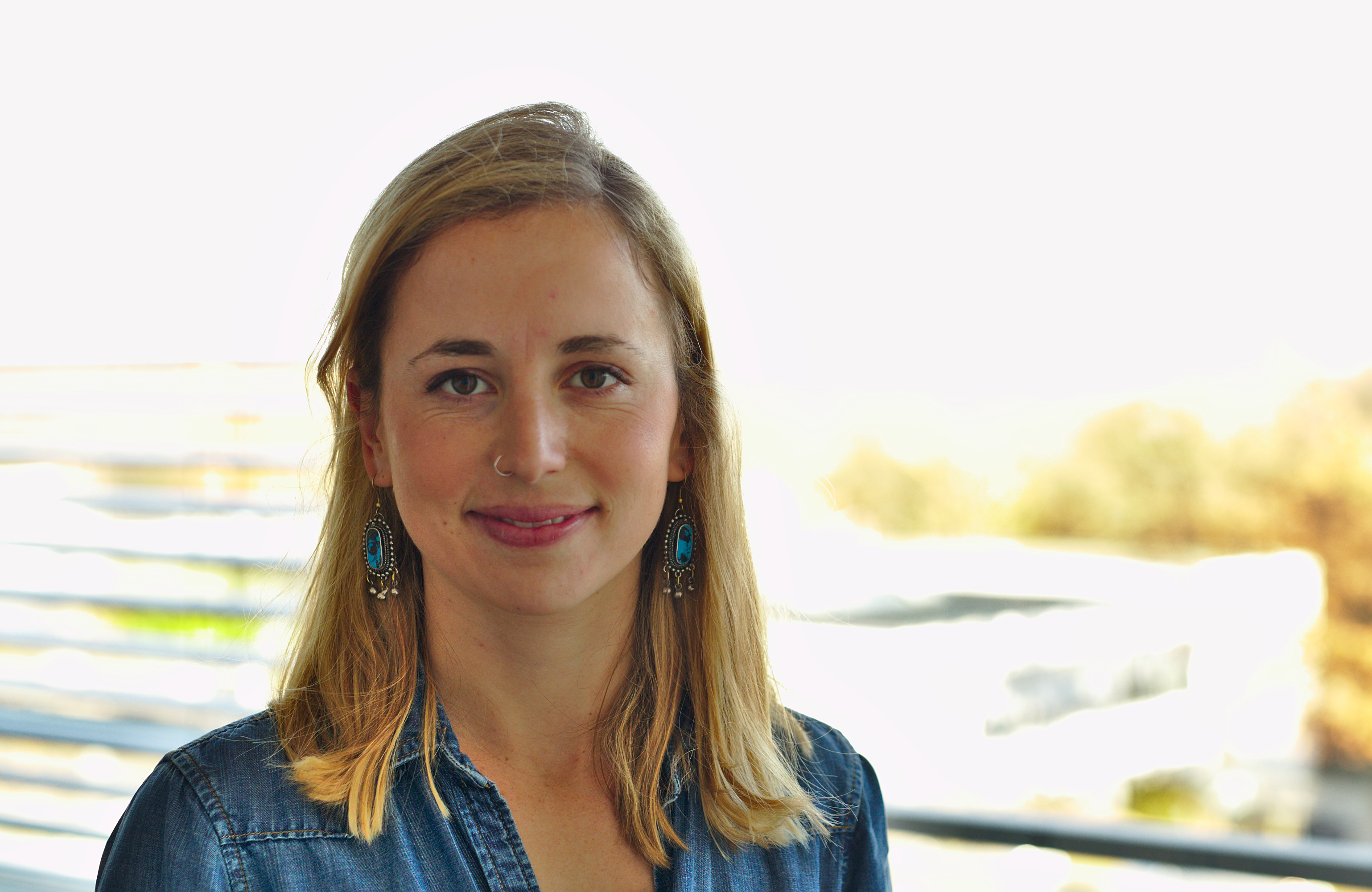
| Talia Karasov Dr. Talia Karasov studies the evolution of Pseudomonas plant pathogens in wild populations. As a postdoctoral researcher in the laboratory of Detlef Weigel at the Max Planck Institute for Developmental Biology her work aims to determine the genetic elements that differentiate pathogenic from non-pathogenic Pseudomonas and to determine how host genetics influences pathogenicity. Her work combines field work, comparative genomics and genetic analysis to synthesize ecological observations with genetic manipulations. Originally from Madison, WI USA she completed a PhD with Joy Bergelson at the University of Chicago in which she studied the evolution of resistance traits in Arabidopsis thaliana. |
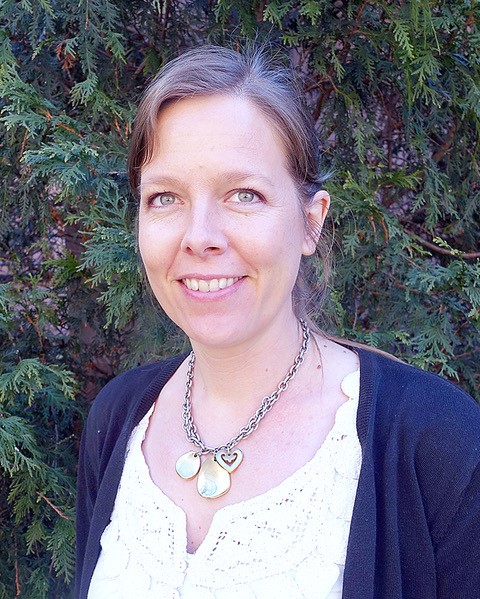
| Britt Koskella Britt Koskella obtained her PhD in 2008 from Indiana University, where she worked with Curtis Lively to test for a role of parasites in maintaining host sexual reproduction and diversity, using experimental coevolution of the New Zealand mud snail and its trematode parasite. She then received a US National Science Foundation postdoctoral fellowship to work with Angus Buckling at Oxford University and John Thompson at University of California, Santa Cruz on the interaction between bacteriophages, bacterial pathogens, and plants. Koskella is now an Assistant Professor at the University of California, Berkeley, where she combines molecular approaches and experimental (co)evolution to examine phyllosphere microbiome-mediated protection against disease, the importance of microbiome transmission among generations, and the role of bacteria–phage coevolution in shaping the microbiome. |
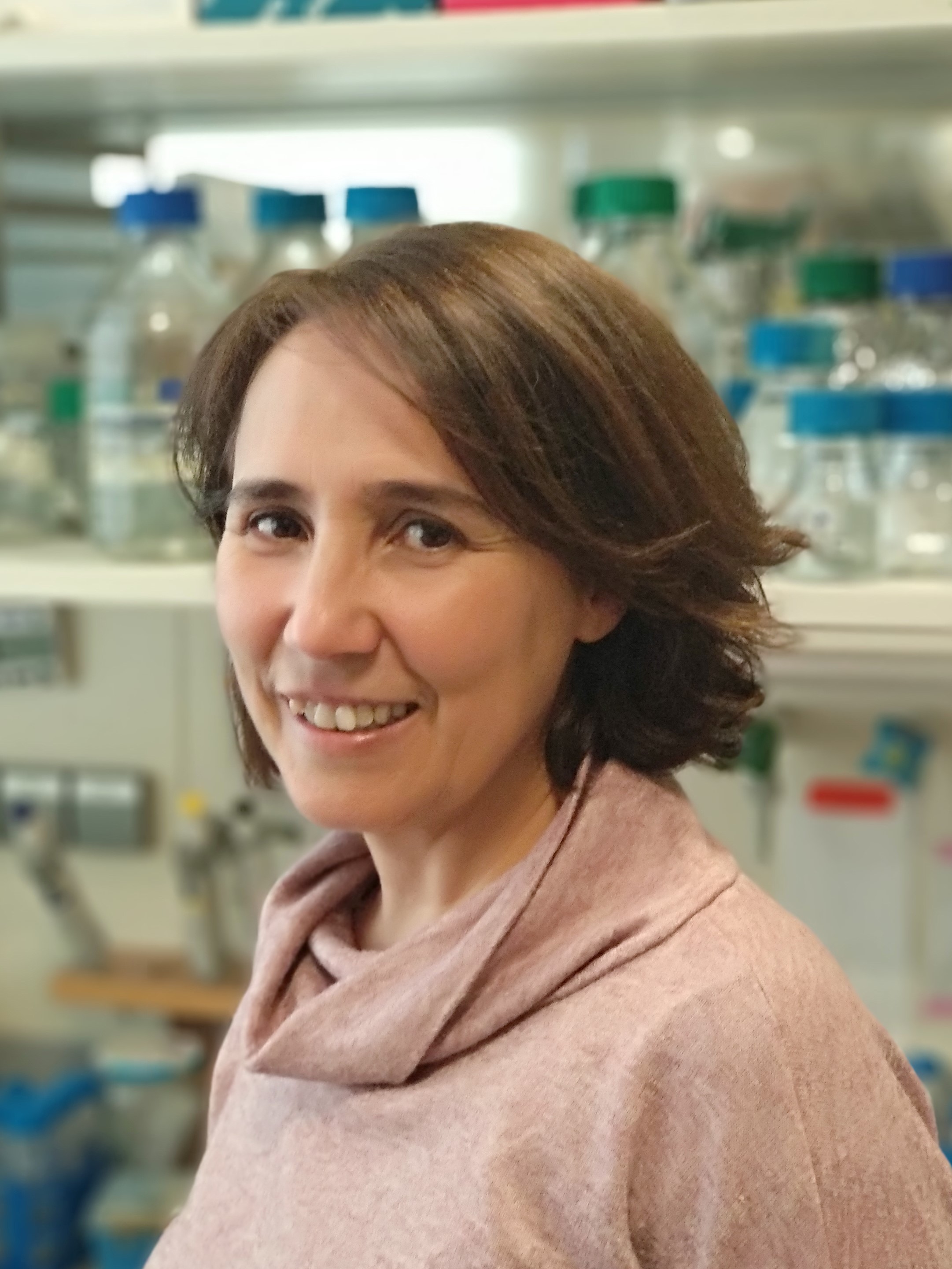
|
Emilia Lopez Solanilla |
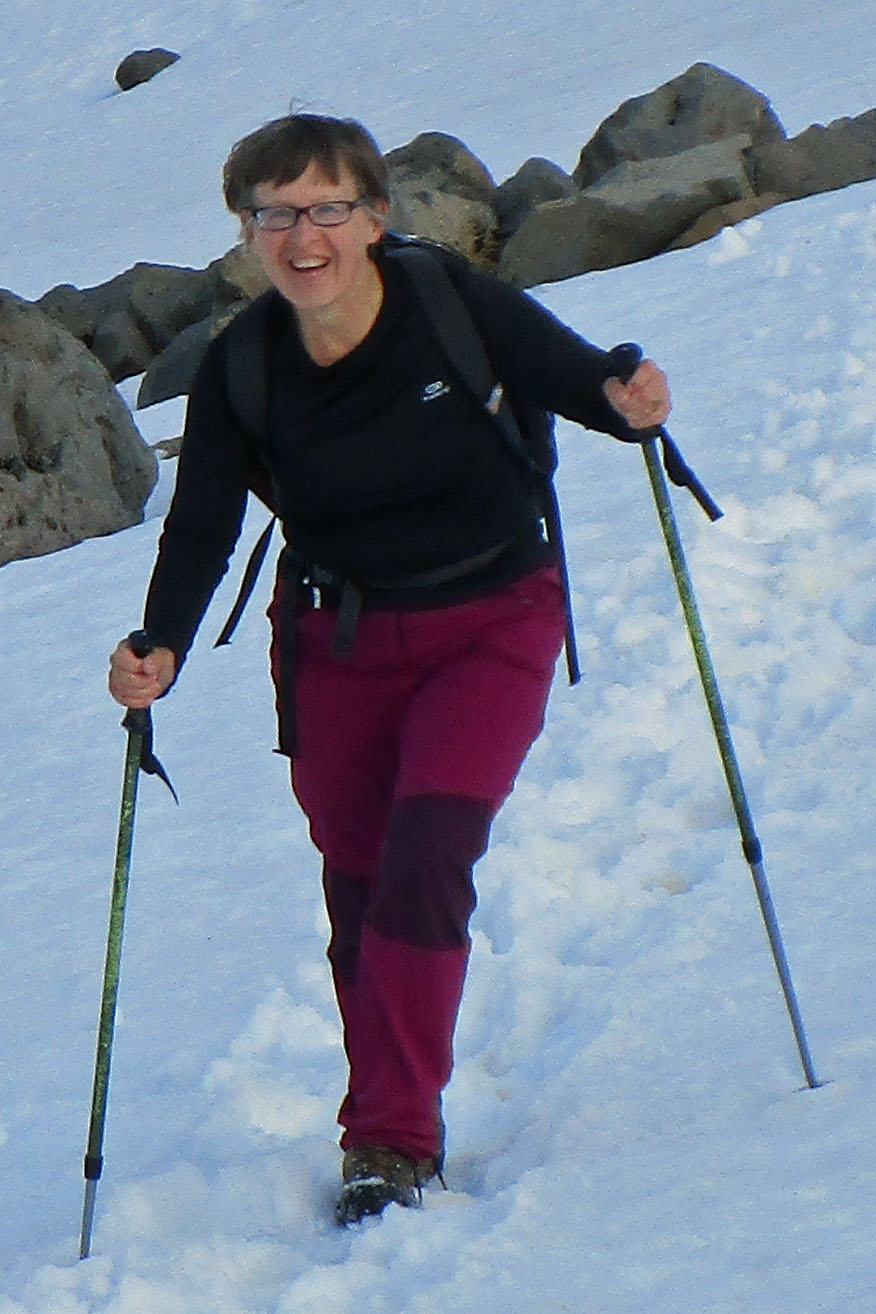
|
Cindy Morris |
| Gail Preston |
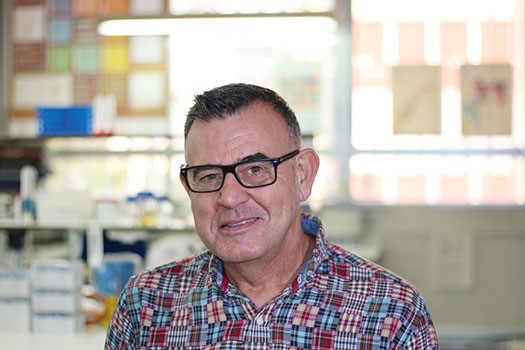
| Cayo Ramos Professor Cayo Ramos studied biology and got a PhD in yeast genetics at Universidad de Sevilla, Spain. Following postdoctoral stays at The Carlsberg Laboratories (Copenhagen, Denmark) and at The Spanish National Research Council (Granada), he joined the Technical University of Denmark, where with Professor Søren Molin, he studied the behaviour of bacteria in the rhizosphere of plants. In 2000, he moved to the Universidad de Málaga, Spain. The Cayo’s lab research currently focuses on exploring the molecular mechanisms governing the interaction of bacterial phytopathogens with woody hosts, using as model systems diverse strains of the Pseudomonas syringae complex, with special emphasis to Pseudomonas savastanoi pathovars infecting olive, oleander, ash, broom and dipladenia. |
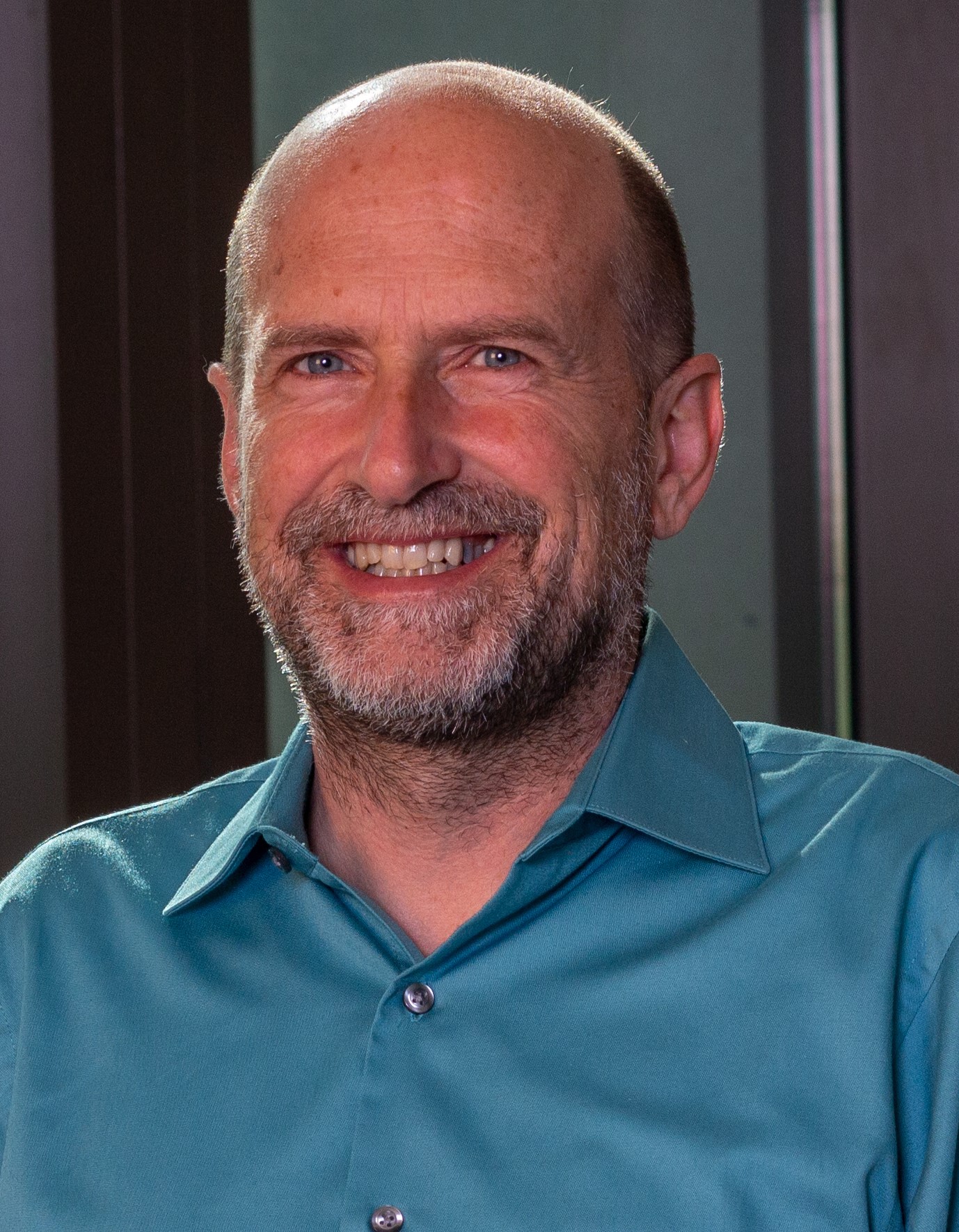
| Boris Vinatzer Is a Professor at Virginia Tech's School of Plant and Environmental Sciences. His research spans from molecular plant-microbe interactions to molecular evolution and taxonomy of plant pathogenic bacteria. He takes advantage of the revolution in DNA sequencing technology to develop bioinformatics tools for precise and fast detection, classification, and identification of plant pathogens and biocontrol agents. A second area of research focuses on environmental microbes that may play a role in the formation of precipitation. Dr. Vinatzer teaches an interdisciplinary undergraduate course in Microbial Forensics and Biosecurity in which he covers concepts of biosecurity through examples of bioterrorism and natural disease epidemics of humans, animals, and plants. Dr. Vinatzer has published over 75 peer-reviewed research articles and book-chapters. |
